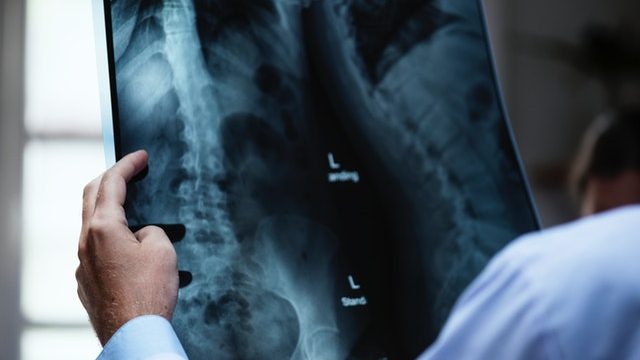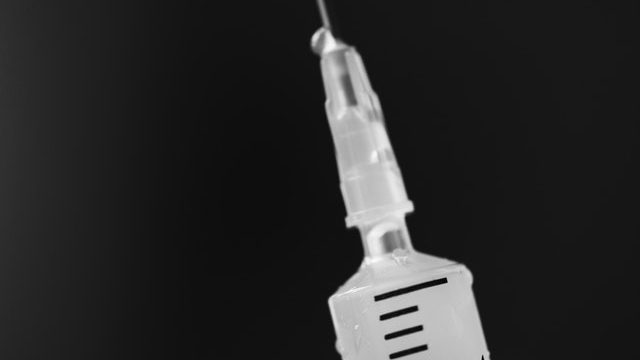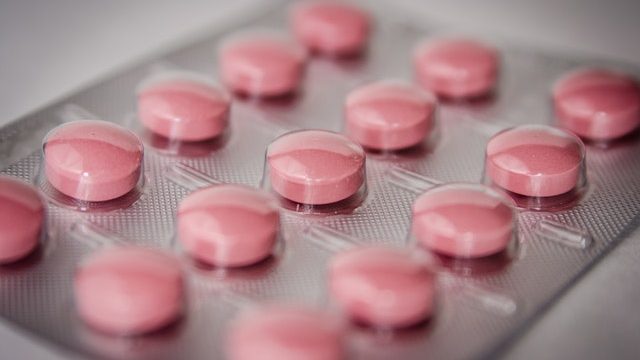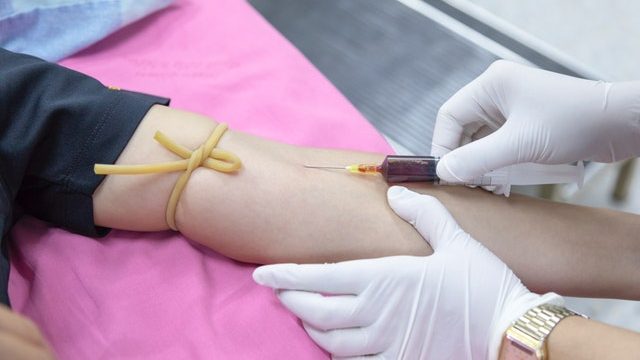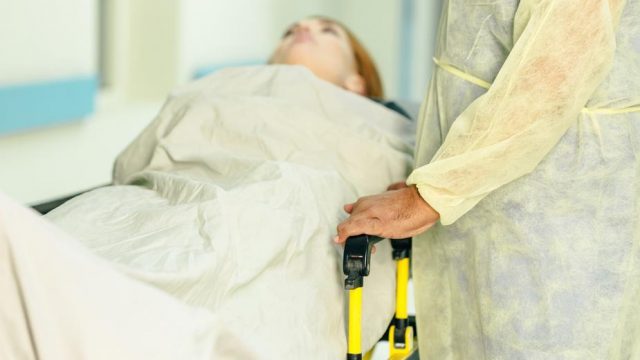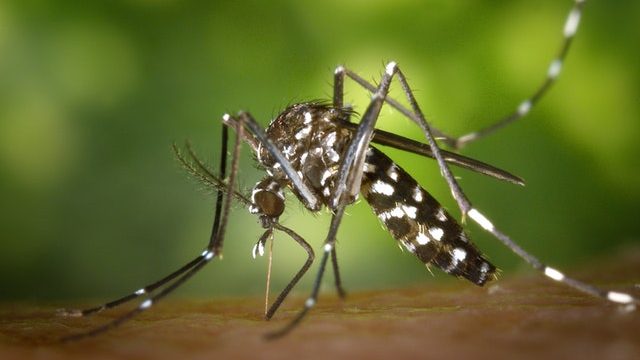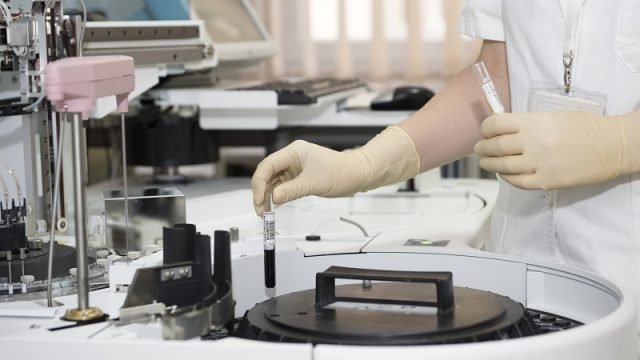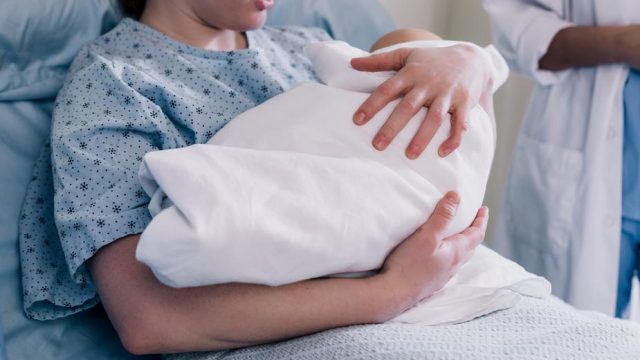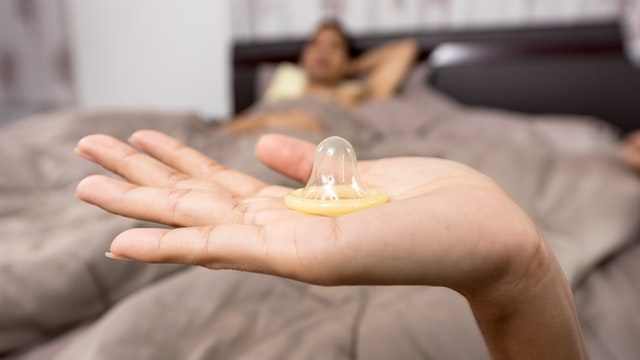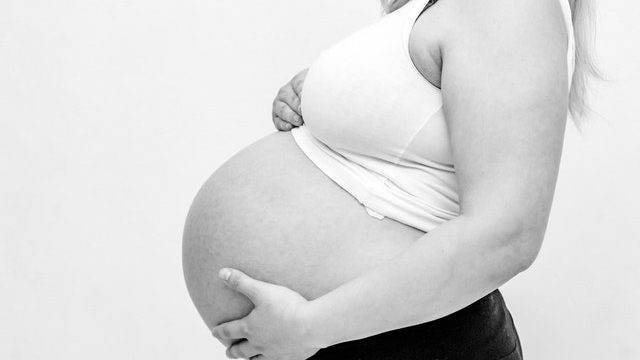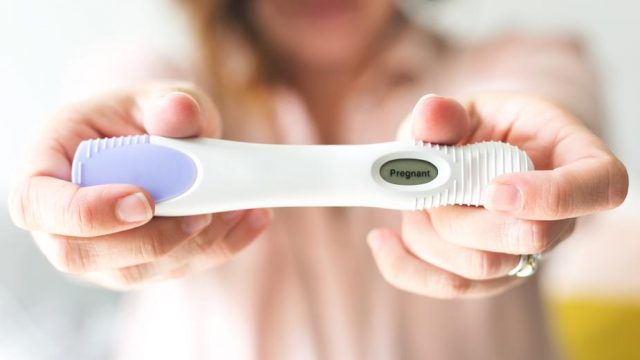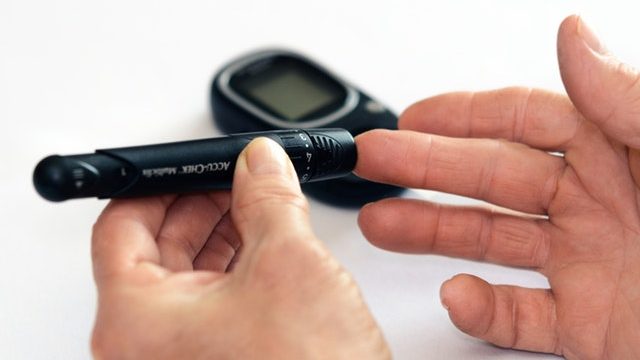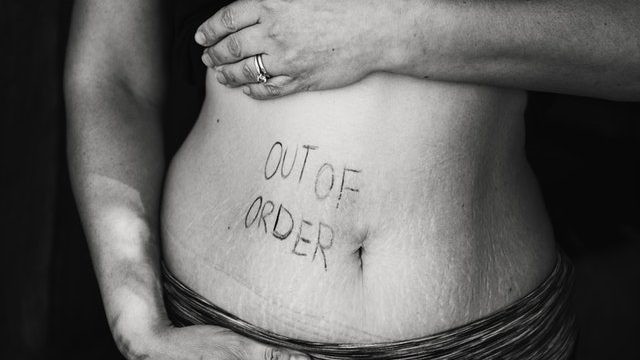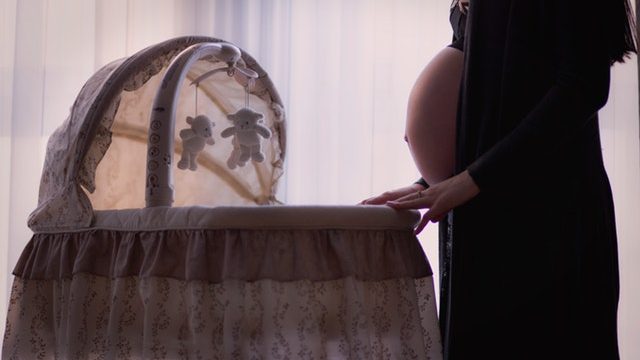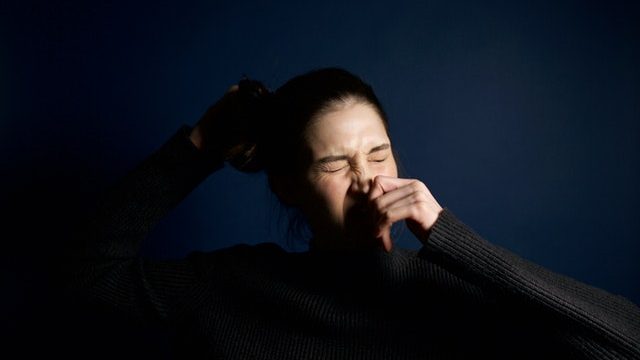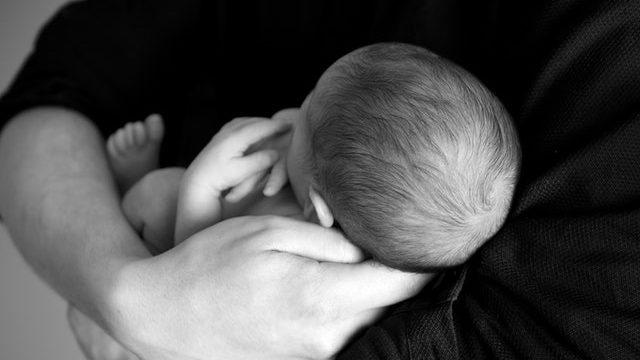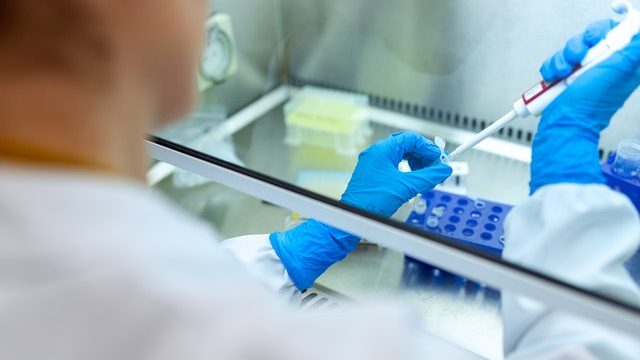PCOS (Polycystic Ovary Syndrome) is an endocrine and metabolic disorder. It is considered in any woman with acne, hirsutism, menstrual irregularity, or obesity.
Signs and Symptoms of PCOS
PCOS (Polycystic Ovary Syndrome) patients have a wide variety of symptoms and it varies from patient to patient.
- PCOS patients will have period irregularity.
- They usually have delayed cycles.
- Sometimes the absence of periods for 3 months and longer.
- Occasionally some patients may have heavy and frequent periods.
- Difficulty in getting pregnant: PCOS is the commonest cause of infertility, as patients are not able to conceive as they do not ovulate (make eggs).
- High levels of masculinizing hormones: This is known as hyperandrogenism. The most common signs are acne (pimples) and hirsutism (male pattern of hair growth, such as on the chin, side face and chest.
Causes of PCOS
The cause of PCOS is not clear.
- There may be genetic and hereditary factors that have a role to play. Weight and Obesity influence the severity of PCOS.
- Polycystic ovaries have a disturbed function and tend to produce a large number of male hormones and have low female hormones due to multiple reasons. The ovaries show multiple small cysts, but they are the premature eggs that start to grow, but the growth is arrested due to faulty hormonal balance and therefore the enlarged follicles are seen at the periphery of the ovary like a string of pearls.
- The majority of patients with PCOS have insulin resistance. They are not able to utilize the insulin that is made in the body and therefore tends to have high levels of Insulin.
- The high levels of insulin contribute to the various symptoms of PCOS.
Diagnosis of PCOS
The diagnosis is based on various criteria. The symptoms and signs of decreased or lack of ovulation increased androgens and the presence of polycystic appearance of the ovaries is taken as the criteria for diagnosis. It is not necessary that all the signs and symptoms should be present in each and every patient. Not everyone with PCOS has polycystic ovaries (PCO), nor does everyone with ovarian cysts have PCOS.
History of irregular menses, presence of acne, male pattern hair growth and or obesity can indicate PCOS.
- Sonography of the pelvis may show multiple follicles arranged at the periphery giving it a string of pearls appearance. This is because many follicles start to grow but get arrested and not one follicle reaches maturity. When more than 12 follicles are seen in the periphery, or when the volume of the ovary is more than 10 ml it is suggestive of PCOS.
- Certain Blood tests are conducted to aid diagnosis. Eg Serum levels of DHEAS (Dehydroepiandrosterone sulphate), Free testosterone levels, and free androgen index. In the case of patients desiring to conceive, Serum FSH, LH , AMH , and E2 are also done for assessment of ovarian reserve and function.
- 2-Hour oral glucose tolerance test (GTT) is advisable in women with risk factors (obesity, family history of diabetes, and history of gestational diabetes). Frank diabetes may be diagnosed in some patients. Fasting insulin level or GTT with insulin levels are also useful in some patients.
There are other causes of irregular menstruation and hirsutism such as thyroid disorders, pituitary disorders, congenital adrenal hyperplasia, Cushing’s syndrome, and androgen-secreting neoplasms and all necessary tests need to be done to exclude these if required.








